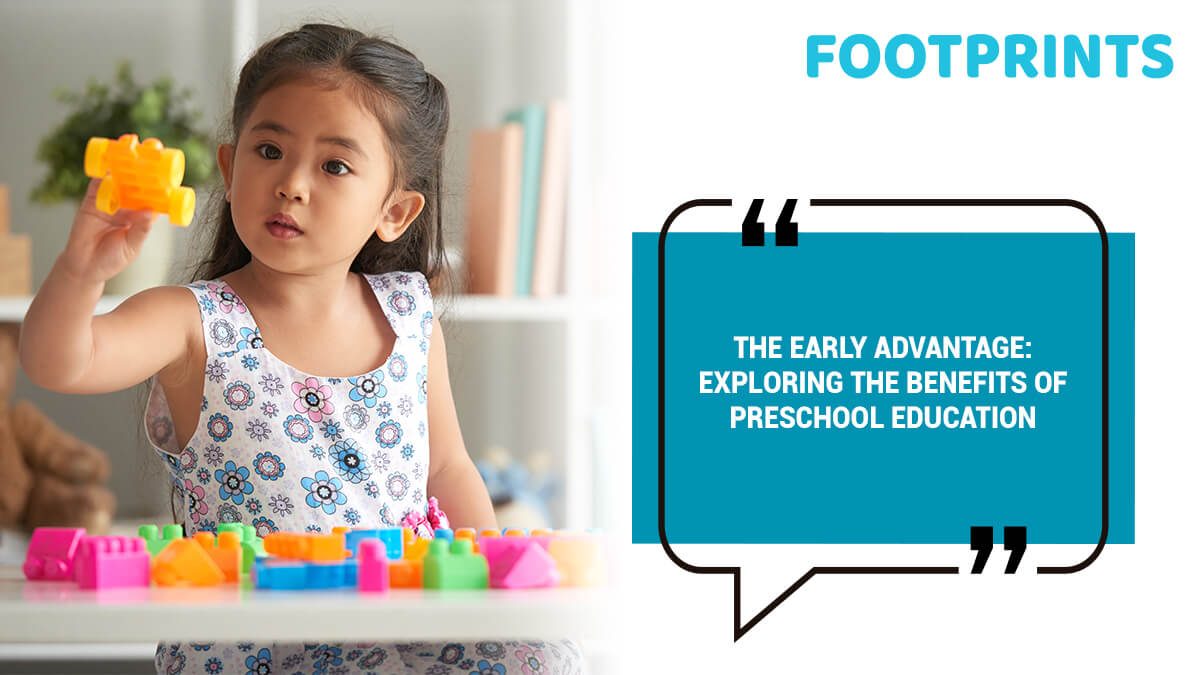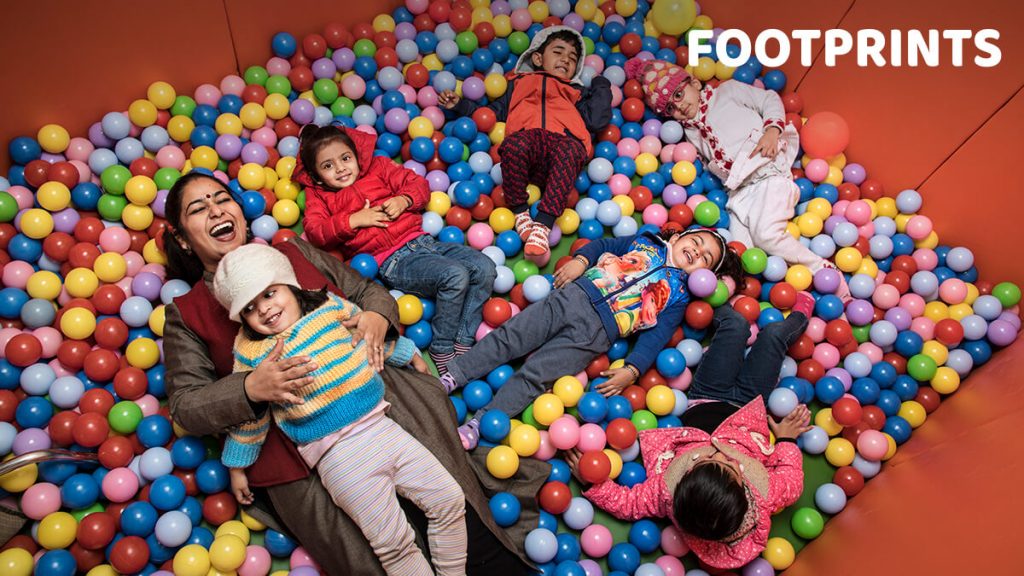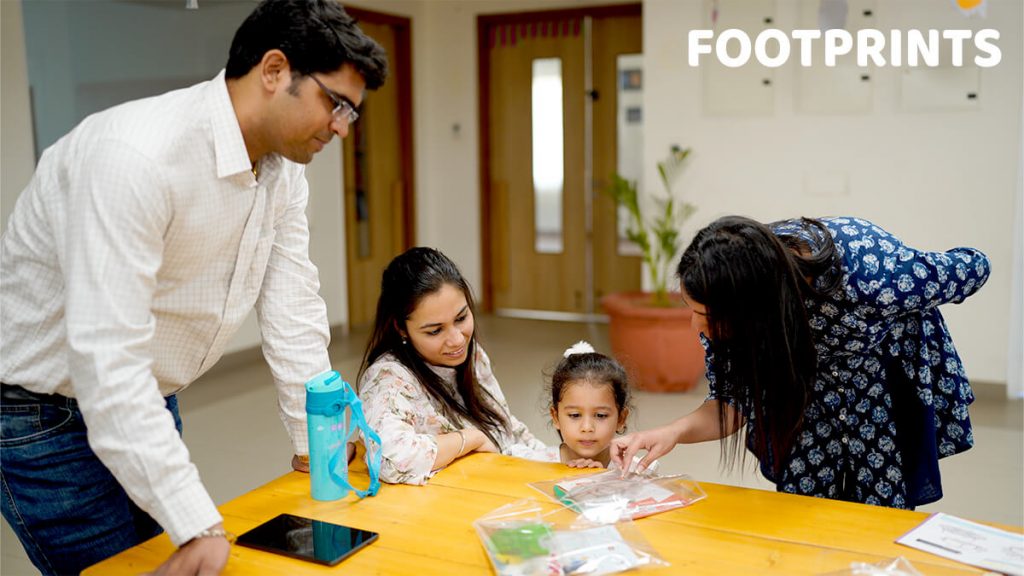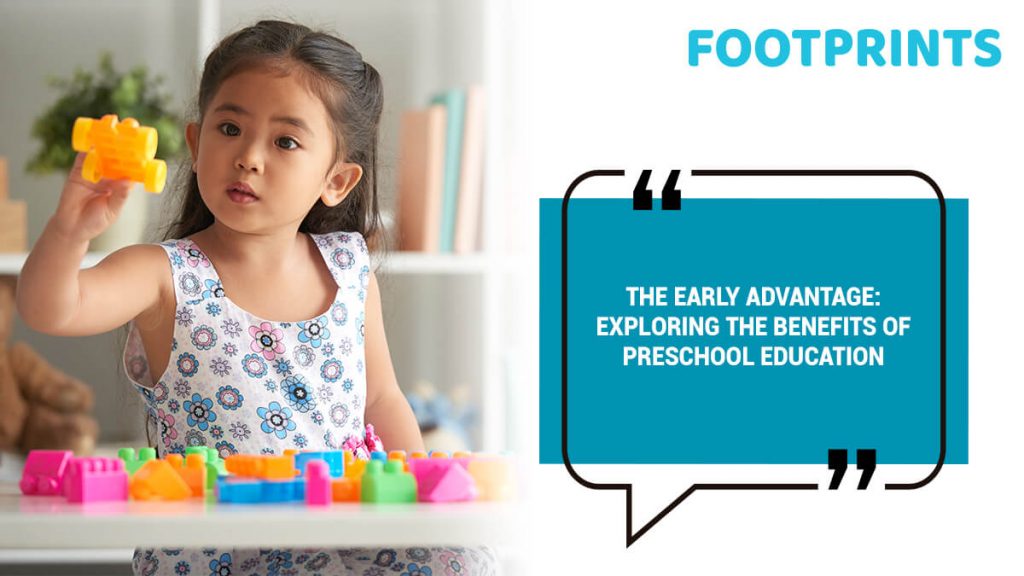
Preschool education is a crucial phase in the development of our children. It is a time when children actually begin to learn essential life skills and also prepare them for their academic future. Early childhood education has actually been shown to provide children with a necessary foundation for lifelong learning and success. The early education period is actually a critical time for learning, and enrolling them in the right pre-nursery school can actually help your child reap the best benefits. There are many benefits of preschool education for children.
Preschool education can give children a head start in life. By providing children with the skills and knowledge they need to succeed, preschool can help them reach their full potential. In this article, we’ll explore some of these benefits and why parents should consider enrolling their children in preschool.
Exploring The Benefits of Preschool Education For Children:
Language Development
We all agree to the fact language development is very necessary for young children. Preschool education actually focuses on language development. Not just verbally, children also understand how to use their language in written form. Children learn new words, phrases, and sentence structures. In addition to that, children also learn how to express themselves clearly, not just to the teachers but also to parents. When children learn to communicate effectively, they are better prepared for success, not just in school and later life.
Cognitive Development
Education in preschool lays the groundwork for cognitive growth. Children get the ability to make judgments, think creatively, and solve issues. Additionally, they acquire the fundamental literacy and numeracy skills required for academic achievement. Children that attend preschool also benefit significantly in terms of cognitive development. The purpose of preschool programs is to support children in the development of their verbal, cognitive, and problem-solving abilities. Children gain knowledge through practical experiences like playing with puzzles, blocks, and other manipulatives. Additionally, they learn through imaginative activities like singing and storytelling.

Establishes Emotional Development
Parents will agree to this fact that preschool is not just about social development but also helps a key role in building crucial emotional skills. These emotional skills including to learn to share and take turns, showing empathy towards classmates and self-regulating their own strong emotions, and much more. It’s in the preschool where the children learn how to manage their emotions, identify people’s emotions, and more. Without these skills, the children will have a very hard time moving on to academic achievement in later years.
Socialization
One of the biggest benefits of early preschool education is the socialization factor. Preschool is actually one excellent place for all the young children who together interact with others and learn to grow along. Children here actually learn how to share, take turns and work together towards one common goal. In addition to that, children also learn how to express their feelings, listen to others’ feelings, and, most importantly, learn to resolve conflicts. All these social skills are very imperative for success in later life.
Preparation for Higher School Education
We all know preschool is not the only place our children have to go. We also have to send our children to higher education schools. That’s where preschools come up as a great help as it prepares the children for their future success in higher schools. In addition to that, children also learn to work independently, follow instructions, and participate in group activities. All these activities collectively help them learn some basic academic skills such as writing, math, and reading. This preparation is essential for a smooth transition to primary school.
Improved Self-Esteem
One of the biggest benefits of preschool education is improved self-esteem. The instruction they receive in preschool can make them feel more confident. Children gain new abilities and a sense of achievement. Additionally, they get encouraging feedback from their instructors and peers, which helps them develop confidence and a sense of worth. Children gain a feeling of identity and acceptability through interactions with classmates and teachers. Gaining new skills and being acknowledged for accomplishments boosts self-assurance and competence. Possibilities for autonomy and decision-making increase self-assurance. Children’s ability to express and control their emotions is improved by emotional support and loving situations.
Improves Parental Involvement
By giving parents chances to engage in their child’s learning and development actively, preschool education encourages parental involvement. Parent-teacher conferences, workshops, and other events are frequently planned by preschools to entice parents to participate in their children’s education. This involvement promotes a sense of cooperation between parents and educators and deepens the link between parents and their children. It also improves awareness of the child’s development and needs. Parents receive insights, skills, and tactics that enable them to assist their child’s learning and development at home, resulting in a more comprehensive and team-based approach to their child’s education by actively participating in their preschool experience with their kid.

Teaches Discipline & Provides Structure
It’s very basic for all humans to have a structure in their lives. And for the same fact, children also need structure in their growing environment, be it their home or classroom. After all, having a structure actually helps increase their ability to avoid distractions and concentrate much better. Preschools actually help for the same by creating an environment that provides children with a mental space that is catered to their needs and helps them explore new learning activities. When you enroll your children in a preschool, they get a structured environment where they have to follow the rules, abide by the timetable, and many more things. All these things together teach them discipline that prepares them for future success.
Inculcates Decision Making Powers
Children learn things like critical thinking, problem-solving, and decision-making, which are the three crucial abilities everyone should have. This is another benefit of preschool. Lack of these abilities can only lead to poor life decisions that may have long-lasting effects. Children’s cognitive abilities are encouraged through the tools and activities in a Montessori setting, which helps them make choices, try things out, and ultimately succeed. It’s preschool education that believes all these wonderful skills should be taught right from a young age.
Builds A Deep Love For Learning
We can witness how young children are not that much interested when it comes to learning or studies. But when you enroll them in a preschool, you can call it a wonderful gift, but it gives students a feeling of happy learning, and that too at a crucial age. Giving preschoolers the opportunity to explore both within and outside the classroom helps them understand the joy of learning. They are taken on field trips to their favorite locations, which fosters their interests and provides a venue for them to have a deeper awareness of the neighborhood in which they live.
CONCLUSION
In conclusion, we can say that if you are thinking about whether your little children should give preschool a try or not, then maybe you have your answer now. Also, if you are thinking about a certain school, do check the school’s facilities and features and then take a final decision only if you are satisfied with the final outcome. In the end, if it’s the best playschool or preschool, then they will surely provide your child with the best learning experience and will develop your child holistically.
Aditya brings over ten years of expertise as a Senior Marketing Strategist. He’s an expert at developing captivating marketing tactics that regularly provide excellent outcomes. His innovative strategies have demonstrated a track record of increasing organizational reach and engagement, showcasing his extensive knowledge of the contemporary marketing landscape.


